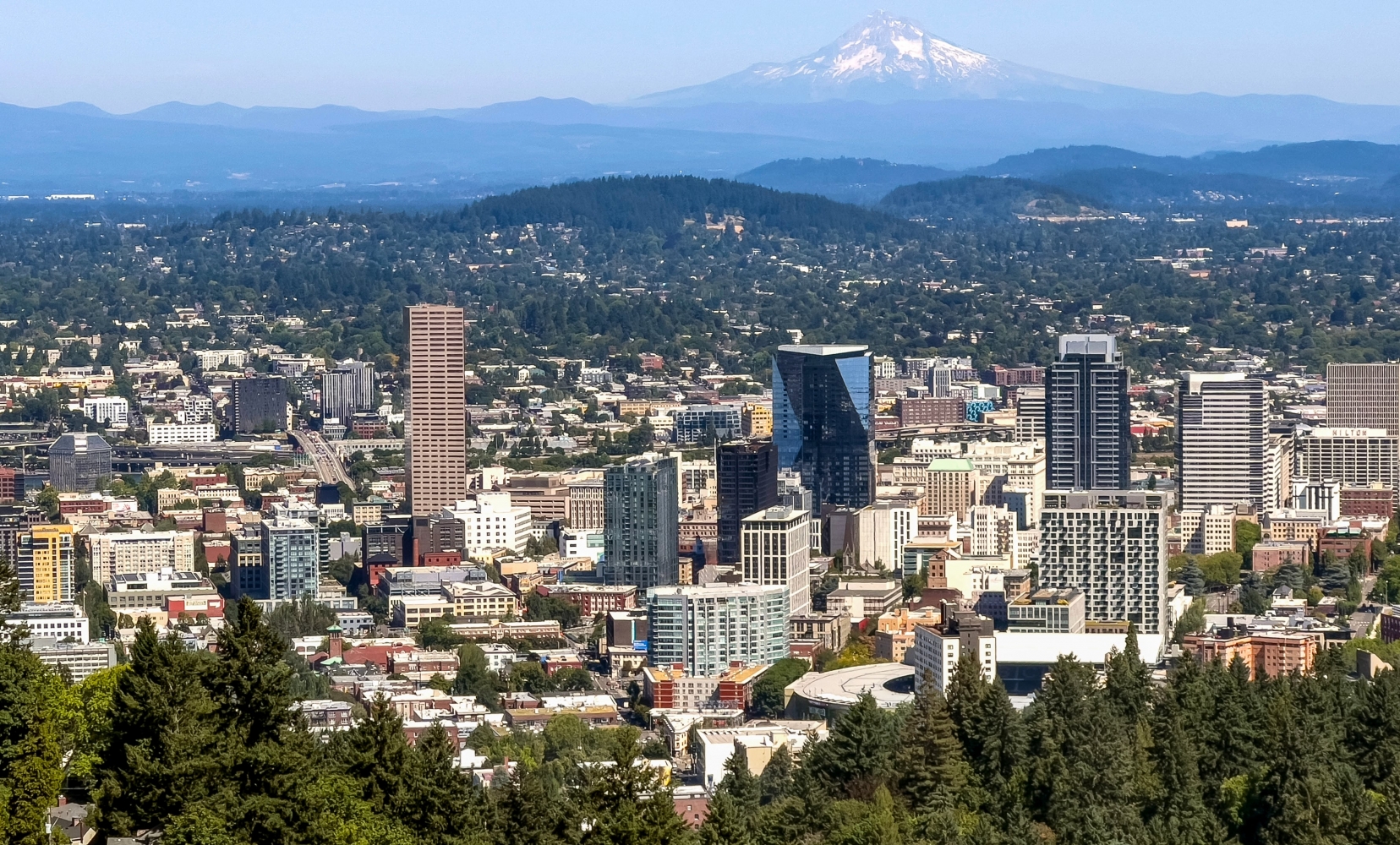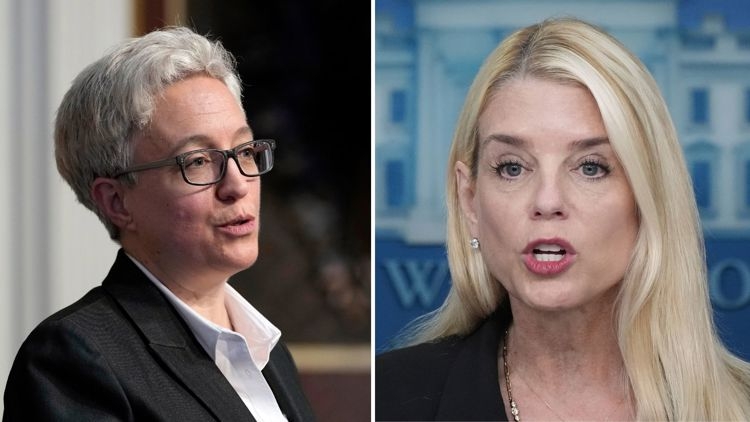

Published on: 08/19/2025
This news was posted by Oregon Today News
Description
A group of Portland-area business lobbyists, financial managers and company heads want to overhaul several local taxes — and change how local taxes are adopted in the first place.
The group, convened by Gov. Tina Kotek, recommends changes to recently-adopted — and regularly criticized — taxes that address homelessness, preschool costs and climate change.
Most suggestions would need the approval of local elected groups to go into effect. But the ideas establish a reference point for debates at the city, county and state level.
“This report presents a curated list of policy options—not prescriptions — for consideration by elected officials and the public,” it reads.
The 10-person tax advisory group is a branch of the Portland Central City Task Force, a committee established by Kotek in 2023 to address Portland’s various woes it wrestled with after the COVID-19 pandemic. Its membership includes representatives from law firm Schwabe, semiconductor company Ampere, the Portland Metro Chamber, two different financial management companies, and private foundations like the Meyer Memorial Trust and the 1803 Fund.
This advisory group has zeroed in on how rising local taxes may contribute to an exodus of wealthy residents and companies from Multnomah County. Of particular focus is how those taxpayers may feel like their tax dollars aren’t improving public services.

“The implications are serious,” the report reads. “If the erosion of Portland’s taxable capacity continues, it will constrain the resources needed to serve those who rely most on public systems.”
In a statement, Gov. Tina Kotek applauded the advisory group’s work.
“We must ensure local taxes deliver the outcomes Portlanders expect. With more families struggling and economic uncertainty ahead, we can’t take our prosperity for granted. This report builds on post-pandemic progress and will help keep our region moving forward.”
The group recommends major overhauls to a trio of local taxes that have all collected more money than initially anticipated. That includes the Portland Clean Energy Fund, a 1% tax on large retail businesses that funds projects that reduce carbon emissions and is expected to collect $1.6 billion in its first five years – five times higher than anticipated.
Then there’s Multnomah County’s Preschool for All, an income tax on wealthy residents that intends to make preschool free for all families, which has been accused of leaving hundreds of millions of dollars unspent.
And there’s Metro’s Supportive Housing Services Fund, which also taxes high-income residents to fund programs that move people out of homelessness, and is expected to bring in $1 billion in unanticipated revenue by 2029.
The group suggests that all three haven’t delivered on their promises to voters, while draining the local tax base. Their recommendations for reform include:
- Adjusting PCEF through a ballot measure that requires any revenue collected above the projected amount of revenue economists expect the tax to generate go toward Portland’s general fund.
- Turning PCEF into a sales tax, impacting consumers, instead of a tax that impacts major companies.
- Halting the collection of Preschool for All revenue until the program goes through a “comprehensive review” of its funding mechanisms, governance and more. (This echoes Kotek’s call to reform this tax in June.)
- Reforming Preschool for All to follow the structure of the state-funded affordable preschool program, Preschool Promise.
- Lowering the income tax rate for the Supportive Housing Services tax, allowing it to pay for construction and creating a new oversight body. (These proposals came out of a Metro-led task force to reform the measure, but poor polling has kept Metro from advancing them to a ballot.)

The group also proposed ways to make it more challenging for local governments to adopt new taxes and change how proposed taxes are vetted before they land on a ballot.
That includes:
- Requiring that all ballot measures that create new taxes be vetted by a five-person committee, which is responsible for writing a ballot measure summary for voters.
- Requiring that all new taxes end after 10 years if they are found to not “demonstrate progress.”
- An unspecified increase for the number of signatures that petitioners are required to collect in order to get a new tax on a ballot. (In Portland, petitioners need roughly 27,000 signatures.)
Not all members of the tax advisory group agree with these suggestions.
Coalition of Communities of Color Director Marcus Mundy sits on the committee. The nonprofit represents and advocates for 18 culturally specific organizations across Multnomah County. The document notes that CCC “dissents from parts of the report.” Instead of reflecting the nonprofit’s differing perspectives in the end product, the report instead points out each area in which CCC disagrees with the groups’ other members.
Specifically, it notes that CCC disagrees with the theory that taxes alone have led to people moving out of Multnomah County — “housing affordability, wage trends, and workplace shifts are also significant drivers.” CCC also disagrees with the suggested tweaks to the process in which tax measures land on a ballot, which the nonprofit characterizes as “unnecessary barriers to direct democracy.” It also claims proposed changes to current taxes would “weaken” the intent of the ballot measures.
Most of these proposed changes would need approval from local elected bodies — or voters — to advance. The report urges expediency.
“Portland now faces a choice: to adapt and strengthen its civic systems, or risk continued drift,” it reads. “The decisions made in the coming months will shape the city’s ability to deliver on its promises, restore public confidence, and build a more inclusive and sustainable future.”
News Source : https://www.opb.org/article/2025/08/19/portland-area-taxes-need-major-overhaul-advisory-group-says/
Other Related News
08/19/2025
Forecasters say the storm wont make direct landfall in the US but dangerous water conditio...
08/19/2025
Portland city councilors may have violated public meeting law when they text messaged each...
08/19/2025
Washington State Standard is part of States Newsroom a network of news bureaus supported b...
08/19/2025
For the first time in three decades the American Academy of Pediatrics is substantially di...
08/19/2025









